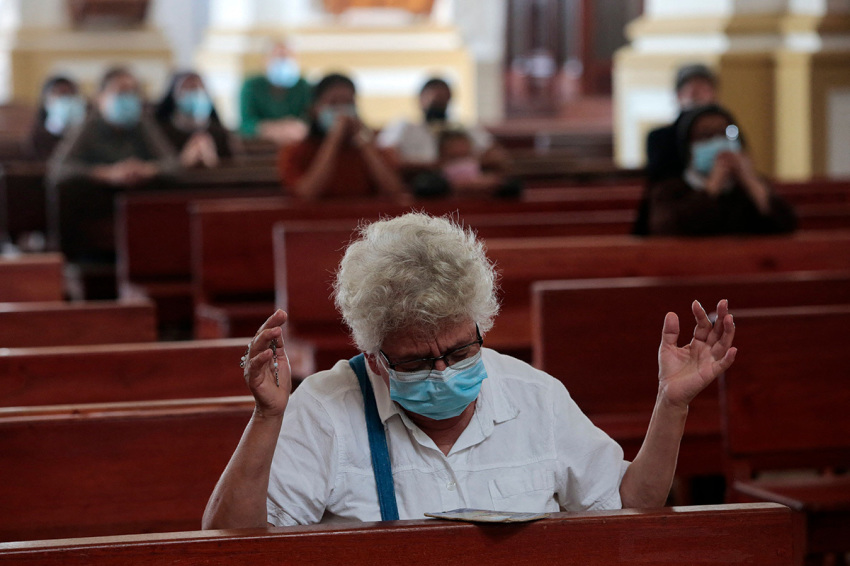Nicaraguan court orders seizure of top Jesuit-run university and its assets

A Nicaraguan judge ordered the confiscation of all assets belonging to the Central American University, a highly regarded Jesuit-run institution. The seizure occurs amid escalating government action against Catholic clergy and church-related organizations.
The university, one of Central America's top private educational facilities, announced the court's decision in a letter dated Tuesday. The 63-year-old UCA informed the university community that all its assets would be transferred to the government, Reuters reported.
The UCA was accused of being a "center for terrorism organized by criminal groups," a claim the institution denies. The campus served as a hub for 2018 protests against the government of President Daniel Ortega.
The Central American leadership of the Jesuit religious order in El Salvador referred to the seizure as "part of a series of unjustifiable attacks" and called for the reversal of what it labeled a "drastic, unexpected and unfair" judicial order.
The school's seizure drew condemnation from the U.S. State Department.
"The Ortega-Murillo seizure of the Jesuit-run Universidad Central Americana represents the further erosion of democratic norms and a stifling civic space," State Department Principal Deputy Spokesperson Vedant Patel said Thursday in response to a question from EWTN.
"This is a premier center of academic excellence, independent inquiry, and a hope for [the] future in Nicaragua."
Although the government claimed to guarantee all educational programs, the university suspended all classes and administrative activities without a resumption date.
The confiscation is not an isolated event.
More than two dozen universities have faced similar seizure orders by the Ortega government, but UCA is the most prominent. It is the alma mater of several student leaders active in the 2018 anti-government protests.
Last week, authorities froze the university's bank accounts.
Previous actions against the university included budget cuts and the targeting of its leaders, such as UCA rector and Jesuit priest Jose Idiaquez, who was barred from returning to Nicaragua last year after traveling to Mexico.
The latest seizure follows the trend of increasing tensions between the Nicaraguan government and the Catholic Church, which played a mediation role in the aftermath of the 2018 protests.
Nicaragua ranks 50th on Open Door U.S.'s World Watch List for extreme Christian persecution, with Roman Catholic churches particularly susceptible to government opposition.
The government's hostility towards churches has been especially targeted at those that provided aid during the 2018 protests.
Ongoing retribution includes slander and surveillance, with recent elections and law changes being used to label church leaders as terrorists who want to overthrow the government, leading to increasing restrictions.
The U.S. Commission on International Religious Freedom report for 2022 detailed how President Ortega and Vice President Rosario Murillo ordered the arrest, forced exile and verbal attacks on priests and bishops, labeling them "criminals" and "coup-plotters." Police forcibly detained clergy, expelled Catholic personnel, and forced others into exile. A human rights organization in October stated that the violence had caused the exile of at least 55 priests.
Further anti-Catholic activities reported include death threats, theft of religious items and unlawful entry into churches.
The National Assembly ordered the closure of another university critical of the government earlier this year, and the government revoked the broadcasting licenses of Catholic Church-operated media outlets.
Earlier this year, a Nicaraguan court sentenced Catholic Bishop Rolando Alvarez, a prominent Ortega critic, to over 26 years in prison and stripped him of his citizenship.



























